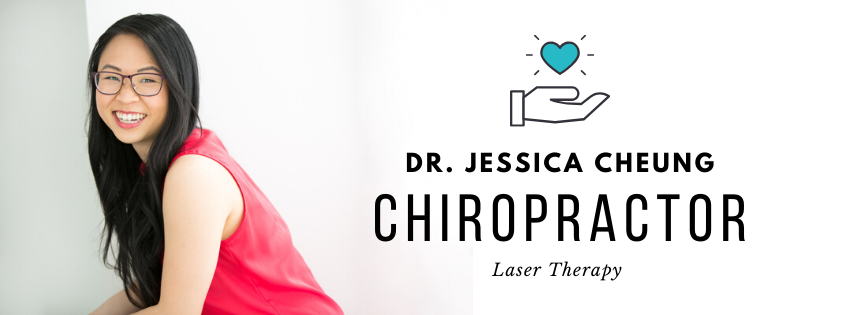Can't go to sleep? I know how much it sucks to toss and turn all night. The next day, you still have to get up and do everything that is expected of you, whether you slept well or not. That can be hard, frustrating and irritating.
Someone recently asked for tips for falling asleep because they haven't slept week in weeks. After they received their specific chiropractic adjustment. This is what I gave them and they came back saying "Wow, for the first time in weeks I was able to sleep through the night!" So I wanted to share them with you as well.
My top tips for falling asleep at night
(1) Magnesium Supplement. Magnesium can help you sleep better. There are several options - Magnesium bisglycinate (usually pill form) or magnesium citrate (powder form you mix into a drink. Personally, I use Natural Calm). Be careful though, magneisum is also a stool softener. Start with 1/2 the recommended dosage on the bottle and if that's okay (aka, you don't get diarrhea), then increase it to the recommended dosage on the bottom.
(2) No screen time 1 hour before bed. That means no phone, no TV, no iPads or tablets. The light from the devices are stimulating and can prevent you from sleeping.
(3) Take a relaxing shower or bath. Use Epsom salts and/or lavender oil for extra relaxation. The smell of lavender or other relaxing essential oils have been shown regulate daily behaviours including sleep.
(4) No caffeine, alcohol or sugar in the afternoon or evening. These stimulates can keep you awake.
(5) Don't go to bed hungry. Instead try a couple tablespoons of rice with chicken or turkey. The complex carbohydrate (rice) contains tryptophan which helps the body go to sleep. L-trypophan plays many roles in brain chemistry and is a precursor to serotonin and melatonin.
(6) Make sure your room temperature is optimal. According to Sleep.org under 21°C or 70°F is ideal.
My thoughts on sleep aids
If you can do without, do without. It's better to exhaust all other options than to become reliant on sleep aids whether they're prescription drugs or non-prescription drugs. There are numerous side effects that can associated with these drugs such as headaches, heartburn, stomach pains, trouble with memory, etc. You can read more about sleeping pill dangers here.
So how much sleep do we need?
According to the National Sleep Foundation – 9 hours is recommended for young adults and adults while 7 – 8 hours is recommended for older adults.
How questions? Other tips you want to add? Leave a comment below & share these tips with someone that needs help!

